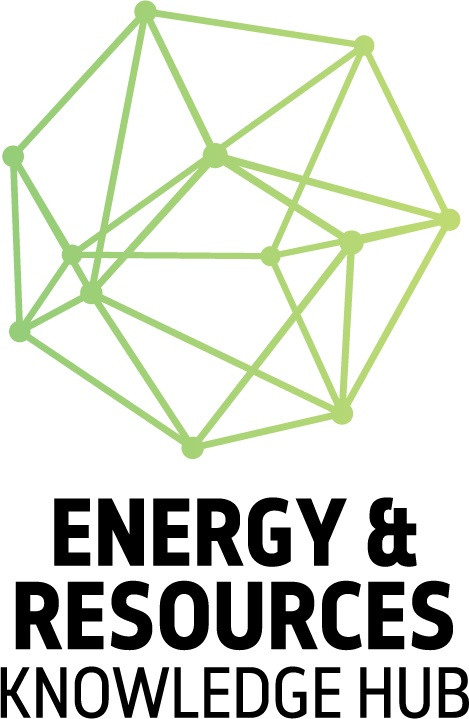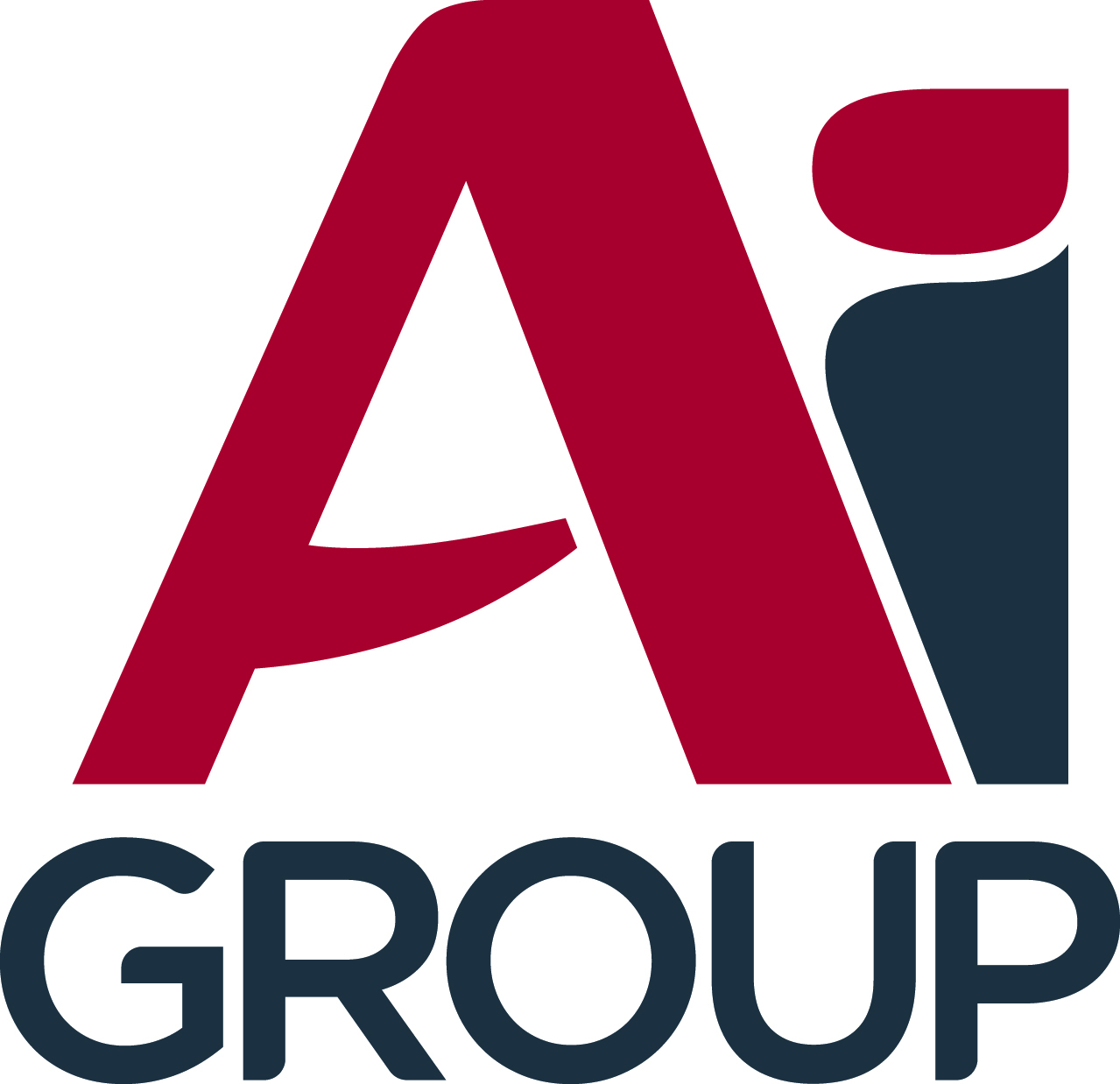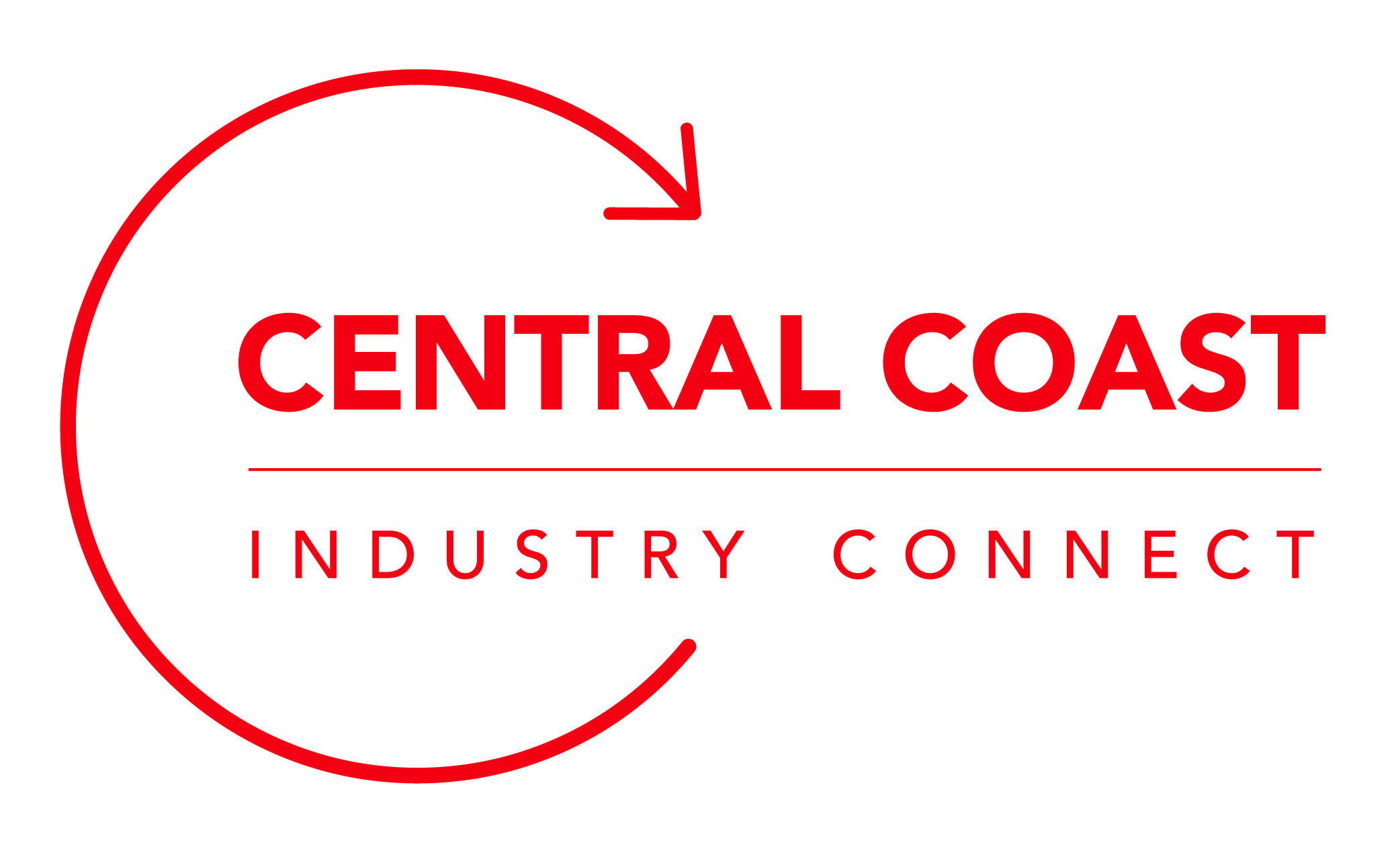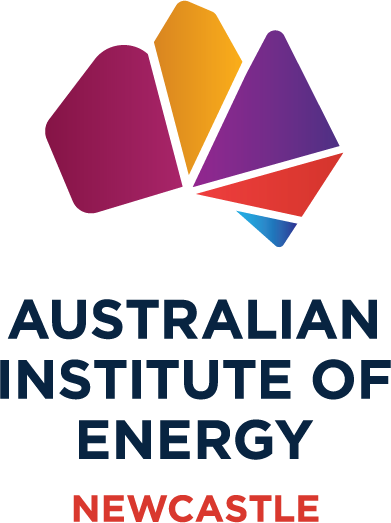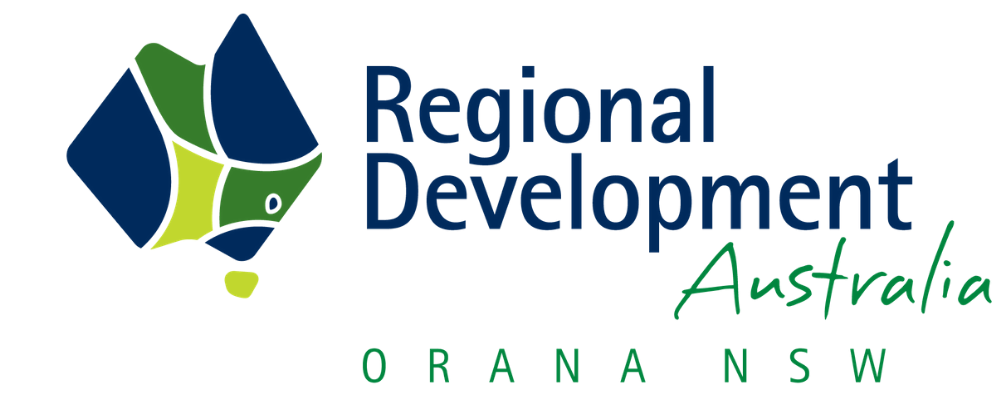Australian Hydrogen Council backs Guarantee of Origin Scheme in parliamentary submission
The Australian Hydrogen Council (AHC) has endorsed the proposed Guarantee of Origin (GO) Scheme legislation, which aims to certify low-emission hydrogen and its derivatives, highlighting its importance for the industry's growth and international trade prospects.

The Australian Hydrogen Council (AHC) has submitted its formal response to the Senate Standing Committees on Environment and Communications, addressing the provisions of the Future Made in Australia (Guarantee of Origin) Bill 2024 and related bills. These bills are currently under parliamentary review and form part of the government's efforts to establish a Guarantee of Origin (GO) scheme, which aims to certify low-emission hydrogen and its derivatives, like ammonia and methanol, for both domestic use and international trade.
The AHC, representing companies across the hydrogen value chain, is strongly supportive of the GO scheme and considers it a necessary development to help the hydrogen industry grow and establish Australia as a credible player in the global hydrogen market. The submission reiterates that the GO scheme aligns with international emissions accounting frameworks and complements domestic measures, like the National Greenhouse and Energy Reporting (NGER) scheme.
In its submission, the AHC noted that the consultation period for the bill was short but expressed satisfaction with the legislation's accelerated timeline. They described the bills as consistent with earlier proposals, referencing the consultation from late 2023. AHC has also attached their earlier submission to provide continuity on the perspectives and insights of their members. Many of the AHC's recommendations appear to have been considered, as reflected in the final form of the bill.
The flexibility of the scheme in tracking hydrogen products throughout the supply chain was commended in the submission, as the memorandum accompanying the bill highlighted the importance of the product-based accounting framework, which would cover diverse supply chains. The submission notes that, “There are three types of profiles relevant to products in the GO scheme (production, delivery and consumption profiles). These profiles would help streamline the reporting process for information across a product’s supply chain from production through to consumption.”
This streamlined reporting framework is particularly beneficial according to the AHC, as the GO scheme expands to include industries beyond hydrogen production, such as biofuels and metals processing, which were flagged in the May 2024 Federal Budget.
The AHC's submission also applauded the clarity of reporting obligations and audit processes under the proposed legislation. The Clean Energy Regulator will have a key role in maintaining transparency and accountability, while also balancing industry needs for commercial confidentiality. The AHC described the bill as providing "a detailed description of reporting obligations and audit processes" and stated that it achieves the right balance between public interest and the confidentiality needs of industry.
Overall, the submission shows the AHC is broadly supportive of the GO scheme and its role in providing a certification framework for hydrogen and derivatives. The AHC has also called on the government to continue engaging with industry as the scheme develops. "The AHC and our members are keen to continue engagement and consultation on the rules and regulations emerging from this enabling legislation," the submission states.





